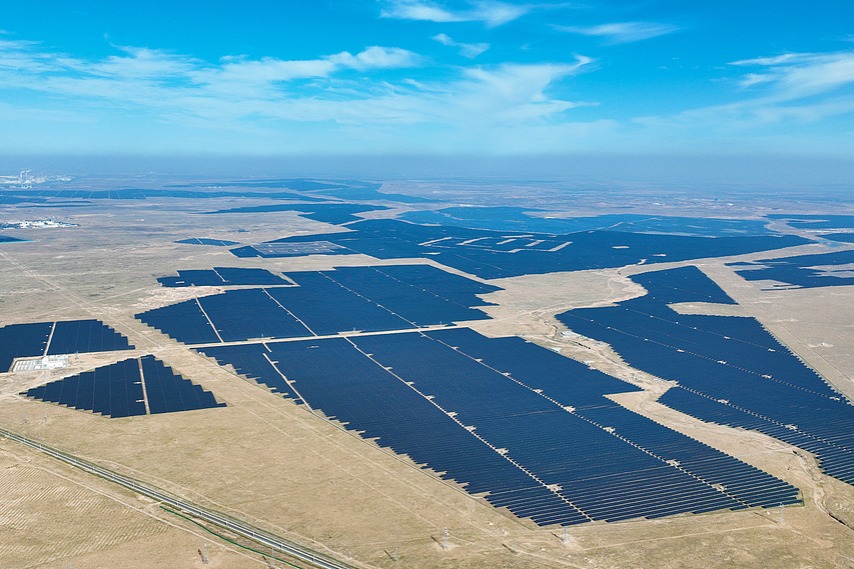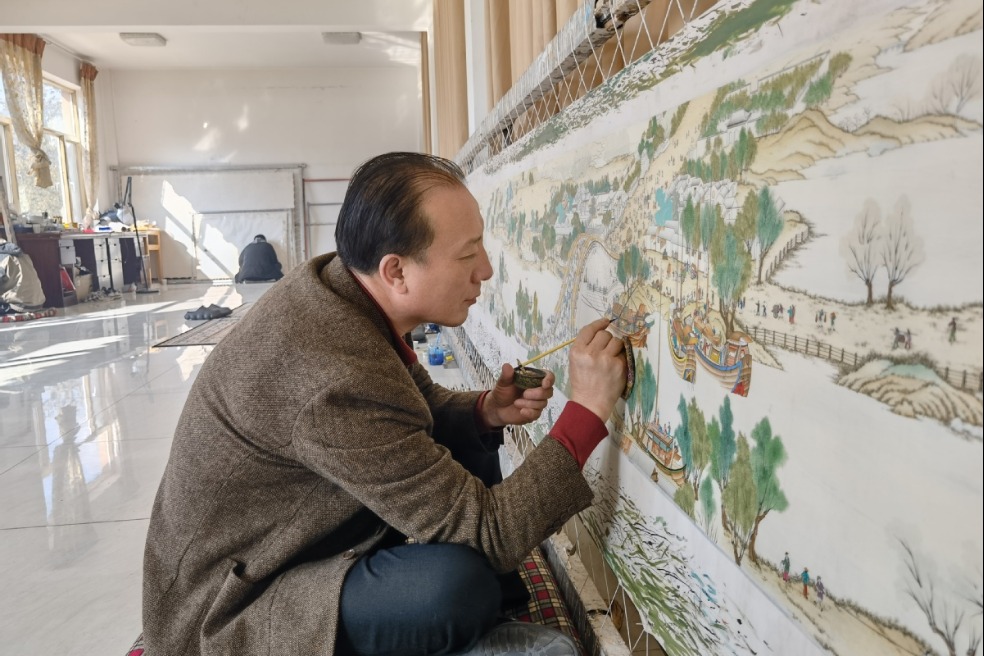Sun, fun, surf and what Neptune teaches


In 2008 he put surfing gear on display in the restaurant and opened a surfing rental shop. Three years later he launched the first surf club in the area but it drew little interest.
"The sport was then not familiar enough to Chinese to try it out," Huang says. "And the village was a virtually unknown destination for tourists."
Eventually he decided to put aside spear fishing and concentrate more on competitive professional surfing. These competitions have taken him to many places including Shenzhen and Shantou in Guangdong province, Bali in Indonesia, Jeju in South Korea and Tokyo Bay in Japan. One of his highlights was winning the Jeju Open event in June 2017.
"I used to just be a fisherman, but my surfboard has taken me to a bigger stage and I have made friends with surfing lovers from all over the world. I hope that as Chinese surfers take part in international events and start to win them it will promote the sport in the country and result in government support, including starting programs and building infrastructure that will help turn Riyue Bay into a well-developed surfing resort."
In October he opened a new surf club on the beach of Riyue Bay that offers board rental, surfing training and food. In the first four weeks after it opened it had attracted more than 100 customers, he says, much more compared with the number of the customers Huang's first club had over a similar period in 2011.
Surfing will make its debut as an Olympic sport in the Games in Tokyo next year, and that exposure is likely to result in many more Chinese wanting to try the sport.
By the end of last year surfing spots in Hainan, Shenzhen, Qingdao in Shandong province and Fuzhou in Fujian province had two dozen surf clubs, with more than 1,000 surfers living near them as members.
























